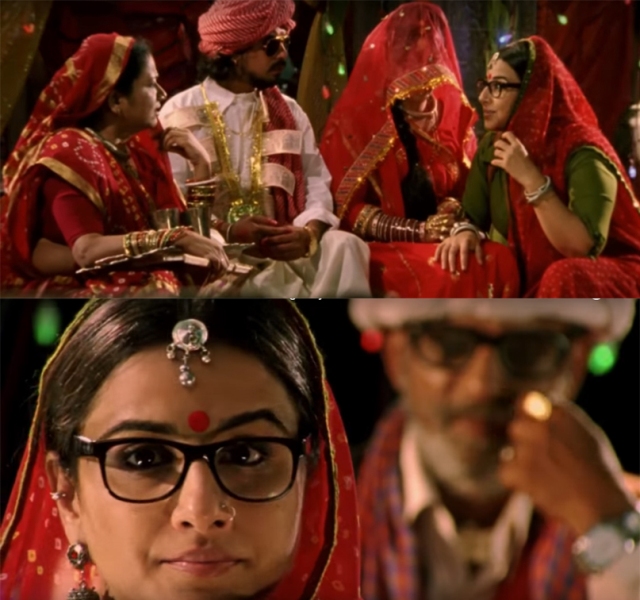On 3rd April 2017, the Ministry of Drinking Water and Sanitation issued ‘Guidelines on Gender Issues in Sanitation’ which were directed towards all the Principal Secretaries and Secretaries in-charge of Rural Sanitation at the state level. The Ministry expressed the need to not only target women in behavior change communication regarding toilet construction and usage but also to give them the agency for bringing about the change. It also stated that communication on sanitation and hygiene should not surround the shame factor where the women feel their dignity is compromised upon and the men feel that they are the custodians of protecting and restoring that dignity.


The guidelines stated the importance of equal distribution of work in maintenance of toilets. Since most of the household chores are expected to be carried out by women; maintenance of hygiene also befalls them. It is heartening to note that the Ministry is changing prevalent sociological phenomena at an institutional level. The inclusion of children, senior citizens, pregnant women and needs of the third gender people have also been considered in the Ministry guidelines. The Secretaries have been instructed to look into the quality and design of the toilets that take into account varying requirements of age and sex. In the context of toilet requirement by menstruating girls and women, the Ministry has stated provision for spacious toilets, water availability, sanitary napkin disposal mechanism and proper ventilation system in the toilets. There is a specific mention of installing incinerators and attaching them to toilets that will burn menstrual waste materials discarded from within the toilet. This will ensure proper waste management and avoidance of waste transport. It is heartening to note that the Ministry has paid attention to details and directed the toilets to have hooks, shelves and niches so that clothing and menstrual absorbents are dry and women find it easy to wash themselves; especially when they menstruating. The Ministry has expressed the intention to harness communication through Swachhata champions chosen from the community who are fathers of adolescent girls and third gender people.


As an organization working on women’s rights and empowerment since 1983; we look forward to effective implementation and program monitoring of the aforementioned mission statements. The Director of Centre for Social Research, Dr. Ranjana Kumari is of this opinion- “Sanitation in India has predominantly surrounded male requirements. In rural India, women who do not have toilets at home, and often have to time their washroom needs in accordance with the sunset and sunrise. Unlike men, women not only feel ashamed of open defecation but also they are more vulnerable to sexual violence when they venture out for their sanitation needs. The Ministry’s guidelines surely usher in a much required change that we all look forward to.”




